It still looks like yesterday, doesn’t it, when the Kaduna and Warri refineries were sold to Alhaji Aliko Dangote and Mr. Femi Otedola. That was, in fact, 2007. There was indignation across the nation. Labour unions protested and threatened war. Former President Olusegun Obasanjo was accused of selling national assets to his cronies. People in the Nigerian National Petroleum Corporation (NNPC) went to whisper into the ears of President Umaru Musa Yar’Adua, Obasanjo’s successor, that if he gave them billions of naira, they would turn around the refineries and make them world-class. Yar’Adua promptly reversed the sale and handed the refineries back to the NNPC, along with billions of naira in maintenance “allowance”. We all know what happened, or didn’t happen, next.
If Yar’Adua had not reversed the sale, would these refineries still be in the state they are today? Would the capacity and productivity not have increased by now? Would this not have encouraged more investment in the petrochemical subsector over the years? Would we still be importing fuel and damaging our balance of trade eight years after? Would more private investment in the oil industry not have impacted on the economy as a whole and addressed a lot of our employment and fiscal needs? Okay, I am aware that there are stories in town that the refineries are finally back to work after nine months of another round of multi-billion naira rehabilitation. But industry insiders will easily laugh this off. At what cost? For what capacity? And for how long?
Nigeria is a country where we love to cut our nose to spite our face. Many times, we do aluta without purpose. We oppose just anything simply to make a point to our “opponents”. There is no defined strategic national interest. Or maybe we have one but are unaware of it. We wake up everyday, eat, drink, go to work and return home, completely unaware that there is more to the world than we can see on CNN. We take decisions oblivious of the bigger picture. Americans go to war in Iraq and when they have finished destroying everything, they award the reconstruction contracts to American companies. They empower Americans and the American economy without blinking. In Nigeria, we do many things without purpose. No ambition.
Some 10 years ago, when the Nigerian private sector entered a golden era under Obasanjo, I was full of hopes and dreams. I dreamt that Nigerian entrepreneurs, having been empowered by our oil economy, would evangelise their brands to the whole of Africa. In a series of articles I wrote then, titled “Made in Nigeria, Enjoyed Worldwide”, I sought to make the point that even if our companies could not be Coca-cola or McDonald’s, they could at least be like South Africa’s MTN, which was spreading all over Africa. South Africans understand the logic of strategic national interest a bit as we can see in their economic missionary across the continent. And you know what? South Africans are very proud to promote their own. We can’t say the same about Nigerians.
Advertisement
It is not all bad news for us, of course. Amid the chaos, a few of our entrepreneurs are still making good progress home and abroad. Only last week, Dangote Cement inaugurated its integrated plant in Zambia — with a capacity of 1.5 million metric tonnes per annum (mtpa) and a coal-fired plant producing 30 megawatts of electricity. In June, it commissioned the plant in Ethiopia which has capacity for 2.5million mtpa. Dangote Cement now has factories in six African countries, excluding Nigeria, with combined capacity of over 40 million mtpa. It is gratifying that even South Africa is on the list, along with Cameroon, Senegal and Tanzania. Coming from a country always mentioned in the negative, I am proud as a Nigerian. I am proud of Dangote. I can say that million times.
It is gratifying that Dangote has become the poster boy of black African entrepreneurship, but I would love to say this about many more African entrepreneurs. I would love African entrepreneurs to think of the global environment they are operating in and rise up to the challenge of being more than mere passengers on the economic train. I do not deceive myself that Africa can develop without outside help. No. The world order is designed in such a way that we still need enormous foreign resources to make a headway. We are not in control of the billions of dollars that the biggest investors have. But the starting point is to understand that there is a method to economic prosperity. Africa is a big enough field for Africans to prosper.
Two decades ago, the late Professor Ali Mazrui, in his paper, Seek Ye First the Political Kingdom, made the point that African politicians prioritise politics over economics, hence the negative development outcomes. He blamed colonial rule for creating an educated political elite without creating an economic vanguard for Africa’s development, and noted that colonialism also failed to transfer the skills of production from colonial institutions to an independent Africa. But Mazrui, a proponent of “African liberalism”, knew quite well that the colonial masters did not colonise us out of love. They had a worldview, drew up the agenda, developed a strategy and executed their plan. They owe us nothing. It is for us to use our politics to promote our development.
Advertisement
In recent times, there have been a lot of talk about “Africa rising” — a narrative gleefully pursued by the West. But, in truth, Africa is only rising as an exporter of raw materials and a voracious consumer of value-added imports. Africa is basically a market, not a factory. Nigeria, with over 120 million mobile phone subscribers, does not manufacture a single handset. Most often, we do things, we formulate policies, we award contracts, we agitate without understanding the dynamics of the world around us. We would rather make a case for a Chevron than an Oando. We think the world order is the way it is by mistake or co-incidence. We look up to the US and UK and China to come and develop our country, to help develop our continent — as if they owe us any such responsibility.
Attempts have been made by intellectuals to explain Africa’s perpetual romance with underdevelopment. Guyanese historian, Water Rodney, in How Europe Underdeveloped Africa, points accusing fingers at the colonial masters. American economist Jeffrey Sachs, in The End of Poverty: Economic Possibilities for Our Time, blames the geography — the tropical climate, drought and all. Zambian economist, Dambisa Moyo, blames the aid malaise in Dead Aid: Why Aid Is Not Working and How There is Another Way for Africa. American economists, Daron Acemoglu and James A. Robinson, in Why Nations Fail: The Origins of Power, Prosperity, and Poverty, posit that man-made political and economic institutions determine the success of nations.
In his own contribution to the debate, Kingsley Moghalu, former deputy governor of CBN, highlights the lack of a “worldview” as “the most fundamental of aspect of the African development dilemma”. In his book, Emerging Africa: How the Global Economy’s ‘Last Frontier’ Can Prosper and Matter, Moghalu argues that there are philosophical foundations of prosperity — and that Africans must truly understand this fundamental fact in their engagement with the global political economy. Africans just do their daily chores completely unaware that the choices they make will define their place in the world. The Asians understand this very well as we can see in the territories being conquered by the Samsungs, the Hyundais and the CCECCs.
The African mentality has to be reformed. We must see the global space in a new light — a terrain to compete, a territory to conquer. We must be sensitive and strategic in our thinking, in our policies, in our agitations. We must use our resources to build and support the African entrepreneur. The purpose of our politics must promote economic development. It is our duty. It is our responsibility. None but ourselves can free our minds, as the late Robert Nesta Marley philosophised.
Advertisement
AND FOUR OTHER THINGS…
NEW SHERIFF
For decades, I’ve been trying to understand why Nigerians are the way they are: openly and shamelessly corrupt. In fact, government officials used to throw wedding and birthday parties in Dubai without a care in the world. Some would be “spraying” dollars at their children’s parties with pride and pomp. With Buhari now in charge, the clear message is: there is a new sheriff in town. I sense a growing circumspection. I pray it lasts. When President Olusegun Obasanjo came to power in 1999, we saw something similar. But people figured him out in a matter of six months. Contradictions.
PARRADANG SHIFT
I honestly don’t like to shoot the wounded, but I’m very glad that the federal government suspended David Parradang, comptroller-general of Nigeria Immigration Service (NIS), over allegations of illegal recruitment. Boy, do I love it. For ages, government officials were like gods. They were walking on our heads. Former President Goodluck Jonathan refused to sack Abba Moro, his interior minister, over the NIS recruitment tragedy. He spared his police minister, Caleb Olubolade, despite the Ikeja police college mess. These inactions only emboldened public officers to keep misbehaving. The message is clear now: there is crime and there is punishment. Consequences.
Advertisement
ORDERS, PROBES AND SACKS
I have long suspected that Nigerians love the military way of life — and this has been reflecting in our use of language since President Muhammadu Buhari came to power. When Buhari directs an agency to do something, the headline is: “Buhari orders… (fill in the gap)”. Buhari requests for the report on NITEL privatisation and the headline reads: “Buhari probes NITEL sale.” If somebody’s tenure expires and Buhari appoints a replacement, we say: “Buhari fires… (fill in the gap)”. This was the case with Mustafa Chike-Obi, whose tenure as AMCON MD just ended and a new MD was appointed. Mindset.
Advertisement
GUNSHOT WOUNDS
It would seem the duty of every IG is to direct hospitals to treat gunshot victims. The first time I heard the directive was sometime in 1996 when Alhaji Ibrahim Coomassie was the IG. Doctors were afraid of treating gunshot victims to avoid police trouble. The force came out to explain that they were not forbidden from offering treatment, but they should inform the police immediately because it could be an armed robber. Since then, every IG has made it a duty to issue the directive. Solomon Arase has just issued his. It says a lot about our society. Dysfunctional.
Advertisement
1 comments

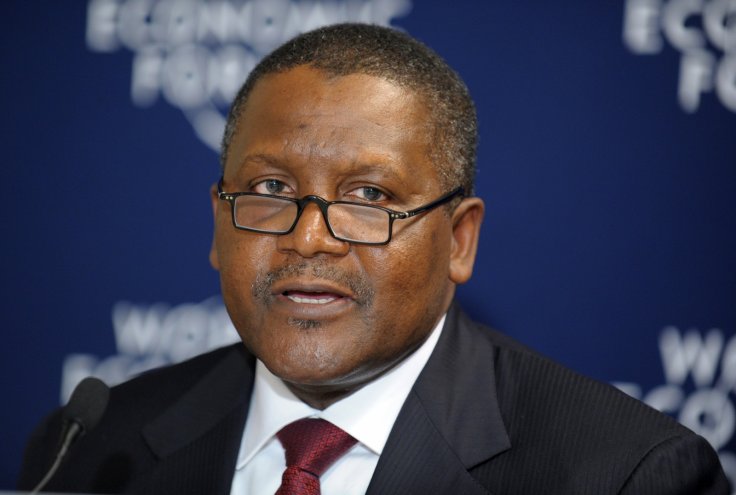

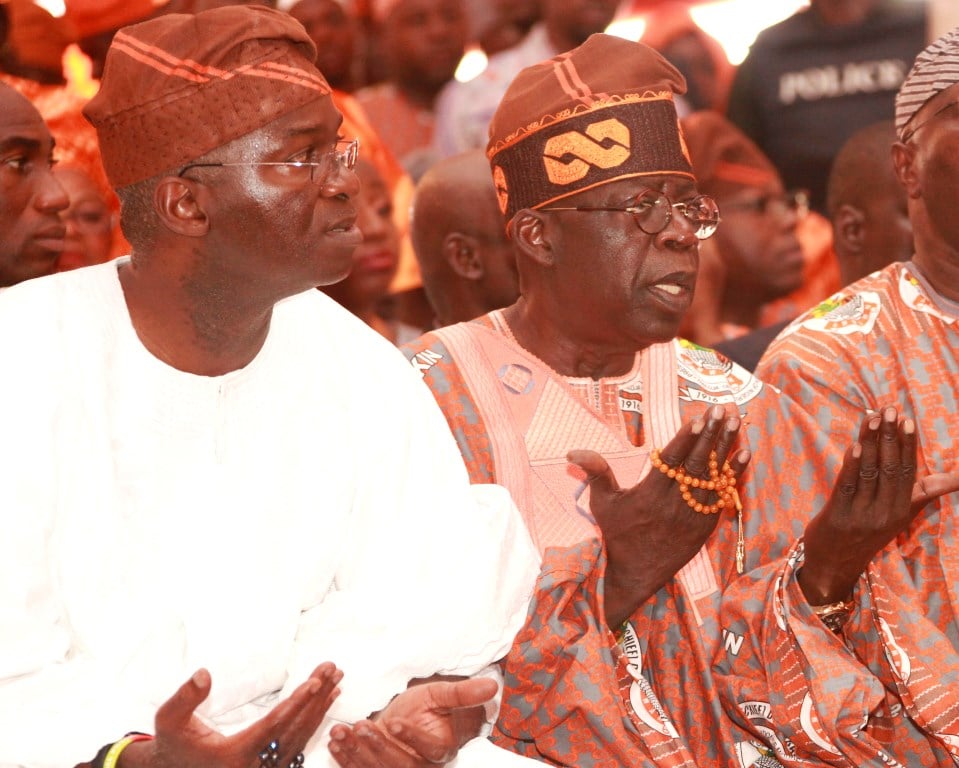
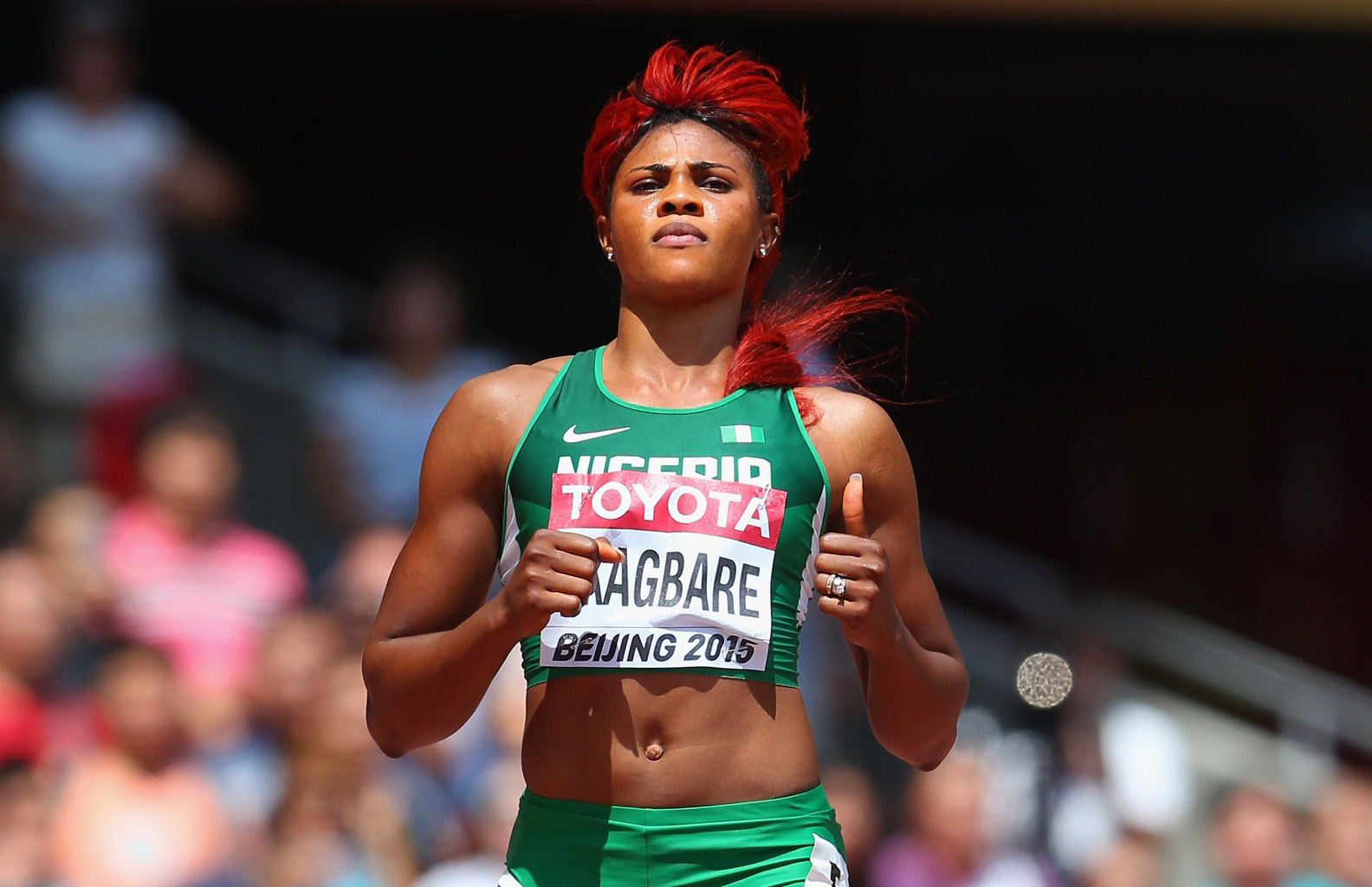
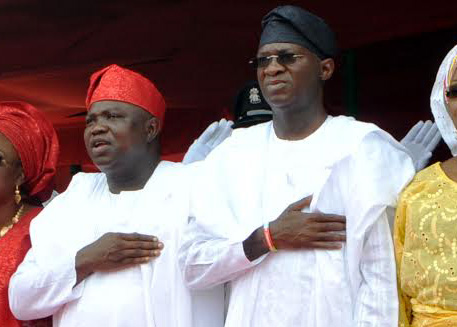
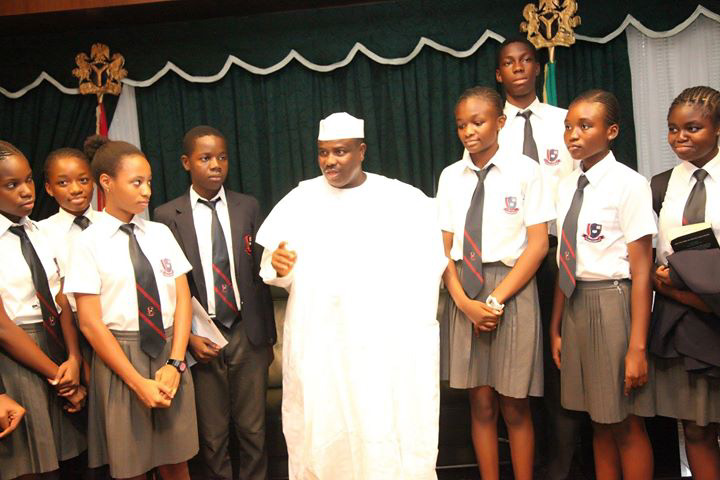
You are very true, our mindset is a challenge to change we cry for.
Why not give the president a chance to make that change.